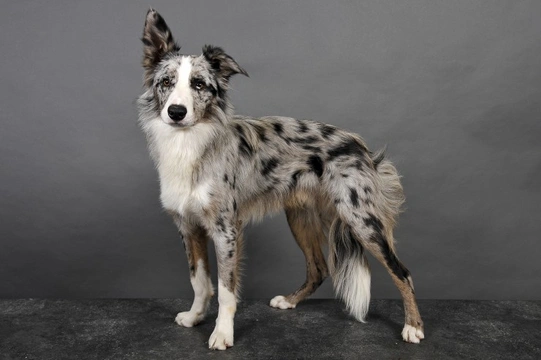
Neuromuscular Disease in Dogs
A dog's nervous is made up of several essential things namely the brain, peripheral nerves, spinal cord, neuromuscular junction and lastly their muscles. It can be divided into two categories being the central nervous system and the peripheral nervous system which includes a dog's neuromuscular junction. When this is negatively impacted for any reason, it can seriously affect a dog because as a result of the damage, they can develop a condition known as neuromuscular disease.
Recognising When Something is Wrong
When dogs suffer from neuomuscular disease, there are certain signs of there being something seriously wrong with them to watch out for. The symptoms associated with the disorder typically include the following:
- Weakness which can vary from being quite mild to very severe
- A stilted gait
- Intolerance to exercise
- An inability to get up when lying down
- Difficulty breathing
- Difficulty swallowing which can lead to dog's suffering aspiration pneumonia
- Collapse
The Causes
A dog might suffer from neuromuscular disease for many reasons which could include having developed the following health issues:
- A metabolic disorder
- A neoplastic disease
- A nutritional problem
- An inflammatory condition
- An infectious disorder
- A vascular problem
- Toxicity
However, there are many other reasons why a dog might develop a neuromuscular disease too which why it’s important for them to be thoroughly examined by a vet as soon as possible so they can establish the underlying cause.
Diagnosing the Problem
A vet would ideally need to have a dog's full medical history and be told how the onset of any signs of there being something wrong first presented themselves. A dog would be thoroughly examined with an end goal being to establish if they have developed a respiratory or cardiac disease. The vet would watch how a dog moves, how they place a paw on the ground and assess their general behaviour to see how weak they have become. Eye movement and reflexes would be tested during a physical examination too.
A vet would recommend carrying out several tests which would help confirm a diagnosis. The tests vets typically do on dogs suspected of suffering from the disorder could include the following:
- A complete blood test
- A full biochemistry blood profile
- A muscle and nerve biopsy
- X-rays
- Ultrasound
- CT scan
These tests would also help rule out other health issues that might be causing a dog's symptoms which could include the following conditions:
- Hypokalaemia
- Hypocalcaemia
- Hyperadrenocorticism/Cushing's disease
- Hypothryroidism
- Hyperthyroidism
- Diabetes mellitus
Treatment Options
The sort of treatment a vet would set in place depends on the underlying cause of the problem. However, should a dog's condition be deemed severe, they would need to be hospitalised so they can be closely monitored and given essential supportive care until their condition can be successfully diagnosed and treated.
The Prognosis
The prognosis for any dog that suffers from neuromuscular disease rather depends on the underlying health issue. Only after a definitive diagnosis has been reached could a vet offer any sort of prognosis for a dog bearing in mind that it also depends on how well they respond to any treatment they are given when suffering from neuromuscular disease.



